Overseeding is a great way to fill in bare or patchy areas of your lawn in Tennessee, but it's important to provide those new seeds with the nutrients they need to thrive. That's where fertilizer comes in! Fertilizer can help promote healthy growth and development for newly seeded lawns by providing essential nutrients like nitrogen, phosphorus, and potassium. Without these vital nutrients, the grass may struggle to establish itself.
However, when fertilizing after overseeding, make sure you use the right type of fertilizer—a starter fertilizer specifically designed for young seedlings. Additionally, be careful not to over-fertilize as this could harm the seeds. By following these guidelines, you can ensure that your newly seeded lawn gets off to a strong start and thrives throughout the growing season!
How can fertilizer help new seeds?
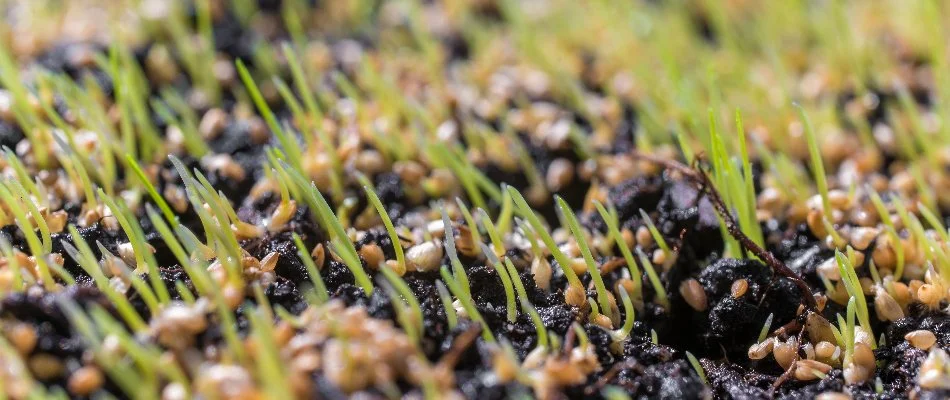
Fertilizer provides essential nutrients that are crucial for promoting healthy growth and development in newly planted grass seeds. These nutrients include nitrogen, which promotes leafy green growth; phosphorus, which supports root establishment; and potassium, which strengthens cell walls and improves drought tolerance. When applied properly, fertilizer helps create an ideal environment for seed germination and early-stage growth.
Nitrogen encourages rapid shoot growth, allowing the new grass blades to emerge quickly from the soil surface. This fast emergence allows them to compete against weeds and other undesirable plants effectively. Phosphorus plays a key role in establishing deep root systems, ensuring that the new grass has access to water and nutrients even during periods of limited rainfall. Potassium enhances overall plant health by making the grass more resistant to diseases and environmental stresses such as heat and cold.
What might happen if you don't fertilize your newly overseeded lawn?
If you don't apply fertilizer to your newly overseeded lawn, several negative outcomes might occur. First, without an adequate nutrient supply, the new grass will have difficulty competing with existing vegetation for resources. Weeds and other unwanted plants tend to grow faster than grass, so if there isn't enough nutrition available, the new grass won't be able to keep up. As a result, your lawn may become dominated by weedy species instead of lush green grass.
Second, insufficient nutrient availability can lead to stunted growth and poor quality turf. The lack of necessary elements prevents the grass from developing robust root systems and thick foliage. Over time, this leads to thinning and yellowing of the grass, reducing its aesthetic appeal and functional value.
Finally, a poorly nourished lawn is more susceptible to disease and pest infestations. Weak and stressed-out grass is less capable of defending itself against harmful pathogens and insects. Therefore, failing to fertilize your newly seeded lawn puts it at greater risk of suffering damage from pests and diseases.
Make Sure You Use the Right Type of Fertilizer After Overseeding
When applying fertilizer to your newly overseeded lawn, it's important to choose the correct product. A starter fertilizer is recommended because it contains higher levels of phosphorus compared to regular fertilizers. Phosphorus is critical for stimulating root growth and helping the new grass establish itself firmly in the ground.
Additionally, avoid using too much fertilizer since excessive amounts can burn the tender roots of the new grass. Follow the manufacturer's instructions carefully and avoid going overboard with applications. It's always better to err on the side of caution and underapply rather than risk damaging your lawn.
Call us today to schedule our overseeding service!
Schedule our overseeding service to fill in bare or patchy areas of your lawn with new growth! After overseeding your lawn, a starter fertilizer will be applied to kickstart their growth! This service is offered to property owners in Memphis, Midtown Memphis, East Memphis, TN, and throughout the surrounding areas. Give us a call at (901) 246-7656 to sign up!

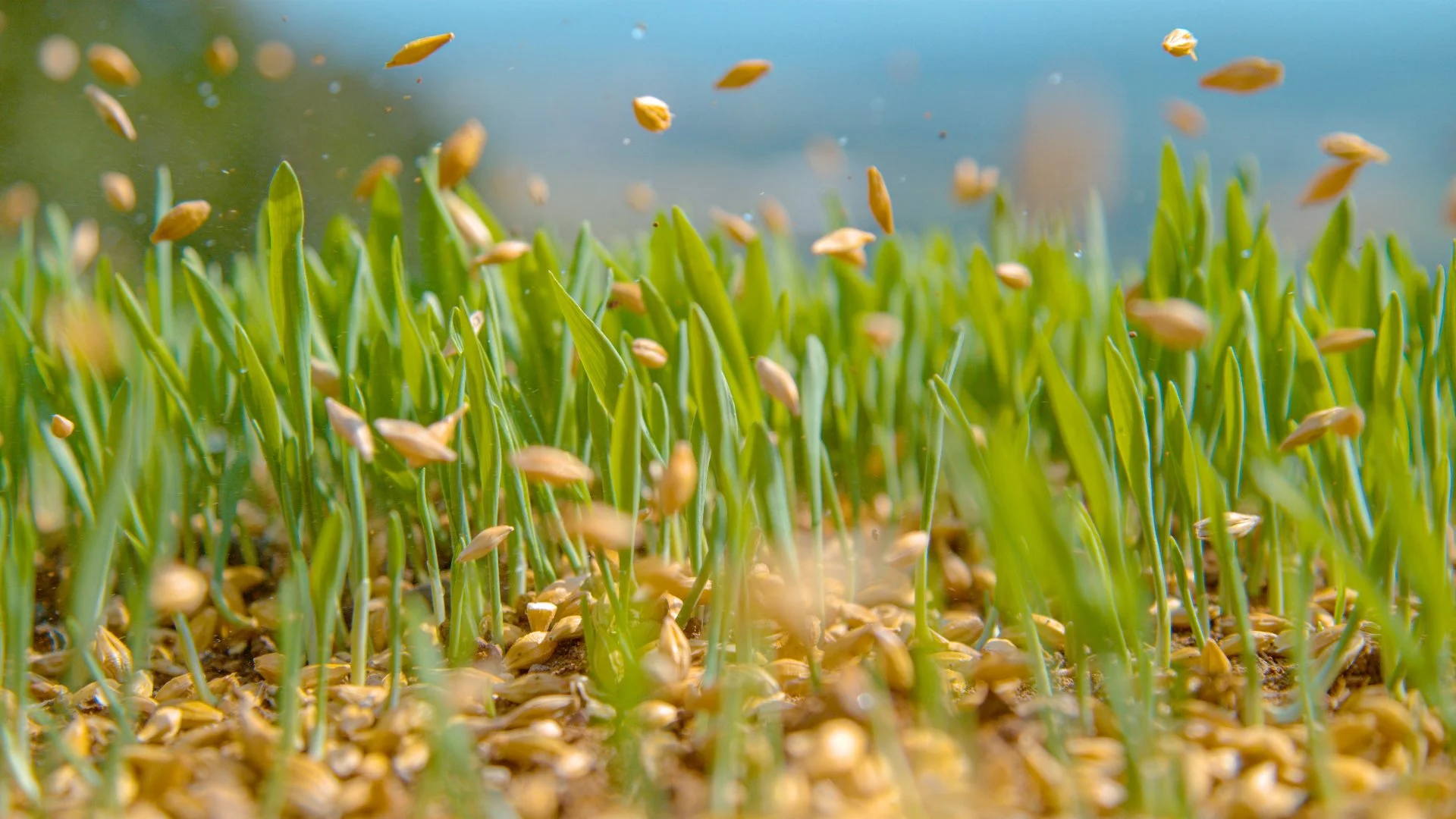
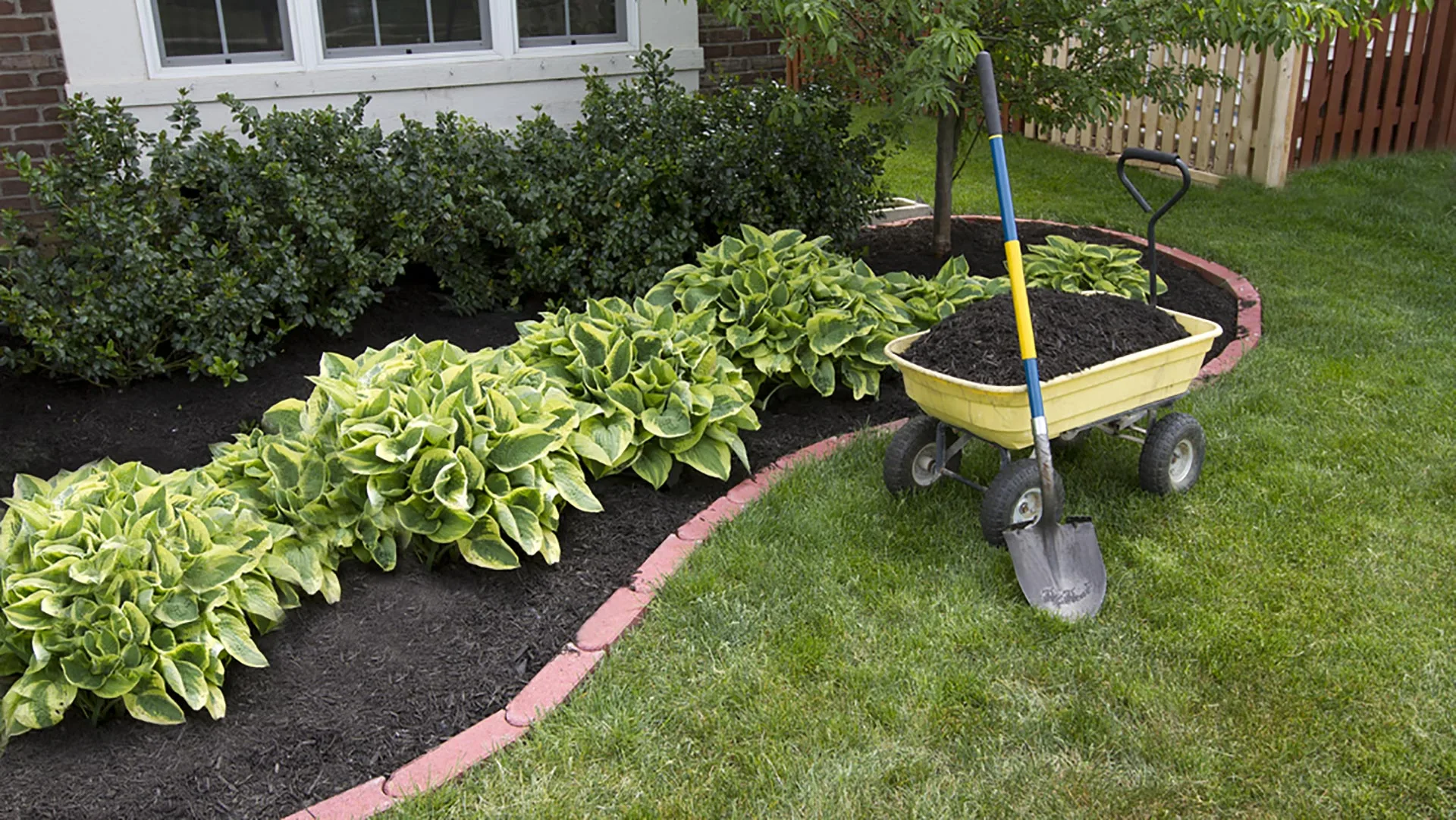
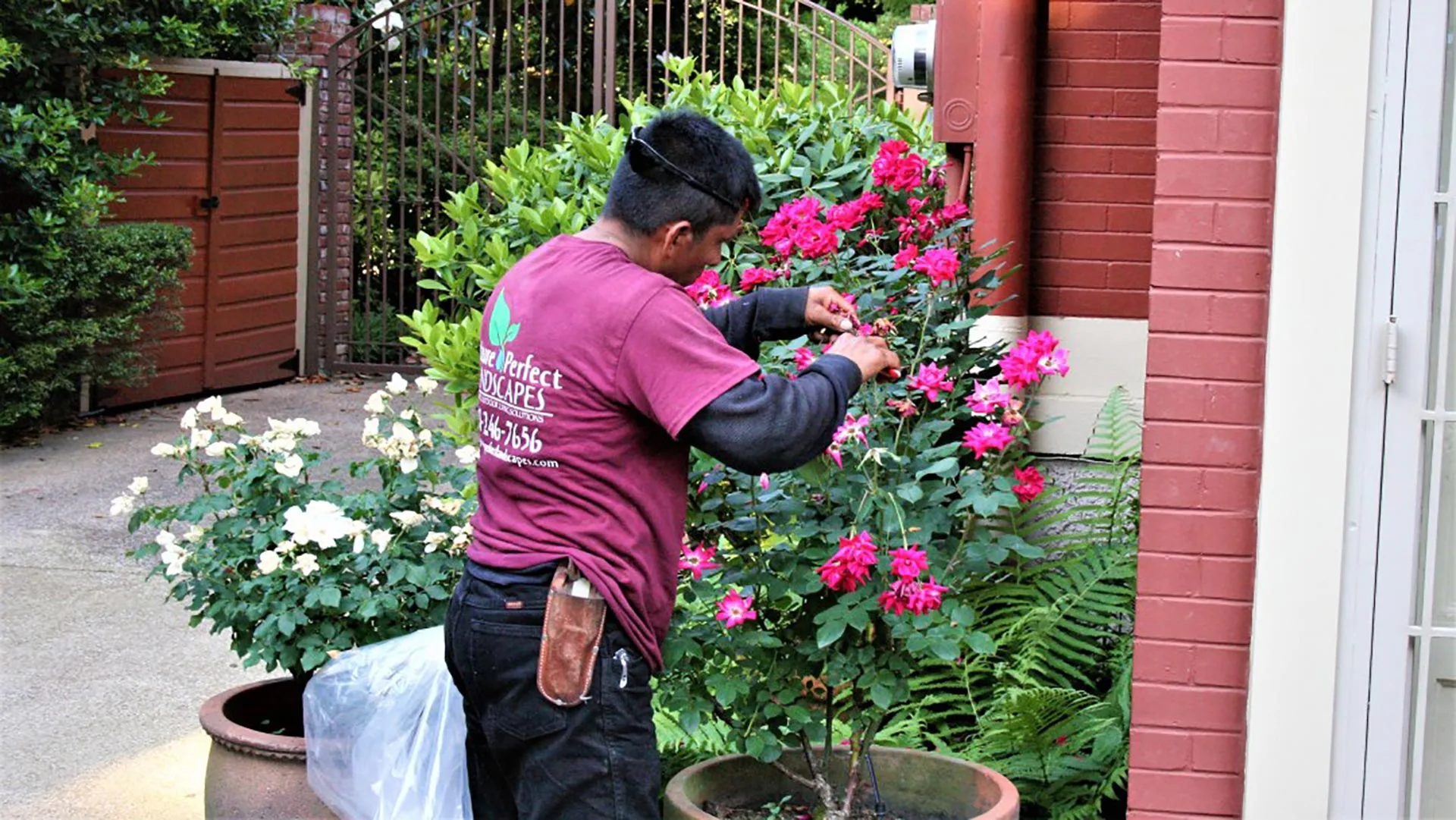
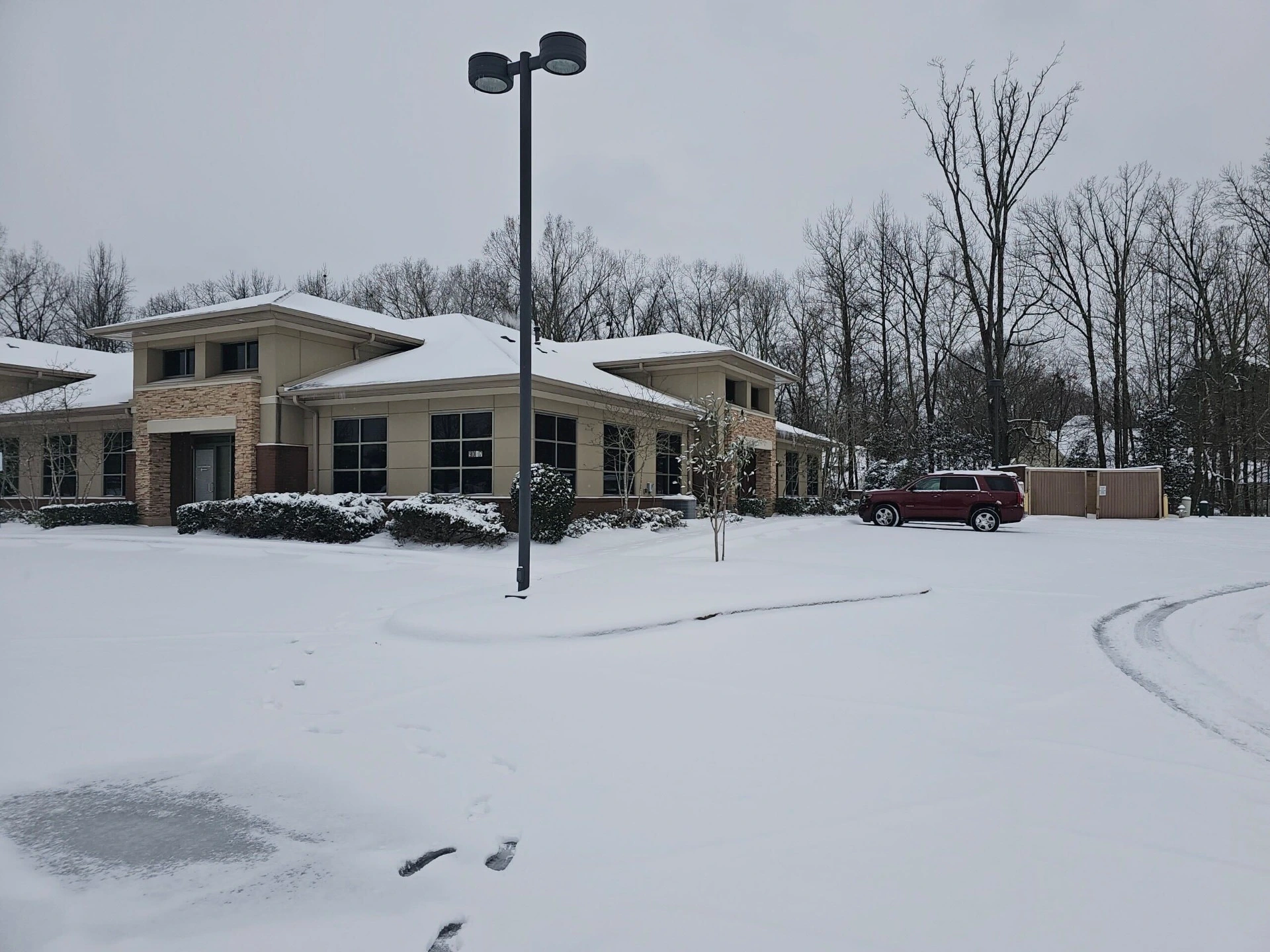


Comments (0)
Thanks for your comment!
Thanks for your feedback! Your comments have been successfully submitted! Please note, all comments require admin approval prior to display.
Error submitting comment!
There is a problem with your comment, please see below and try again.